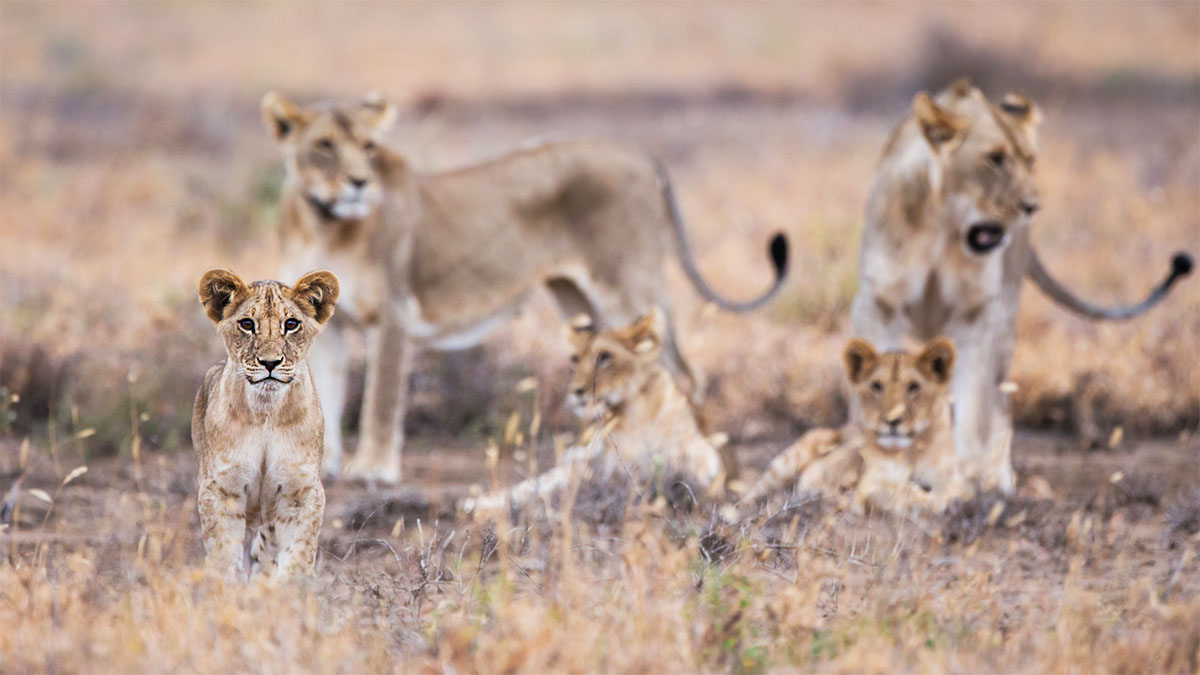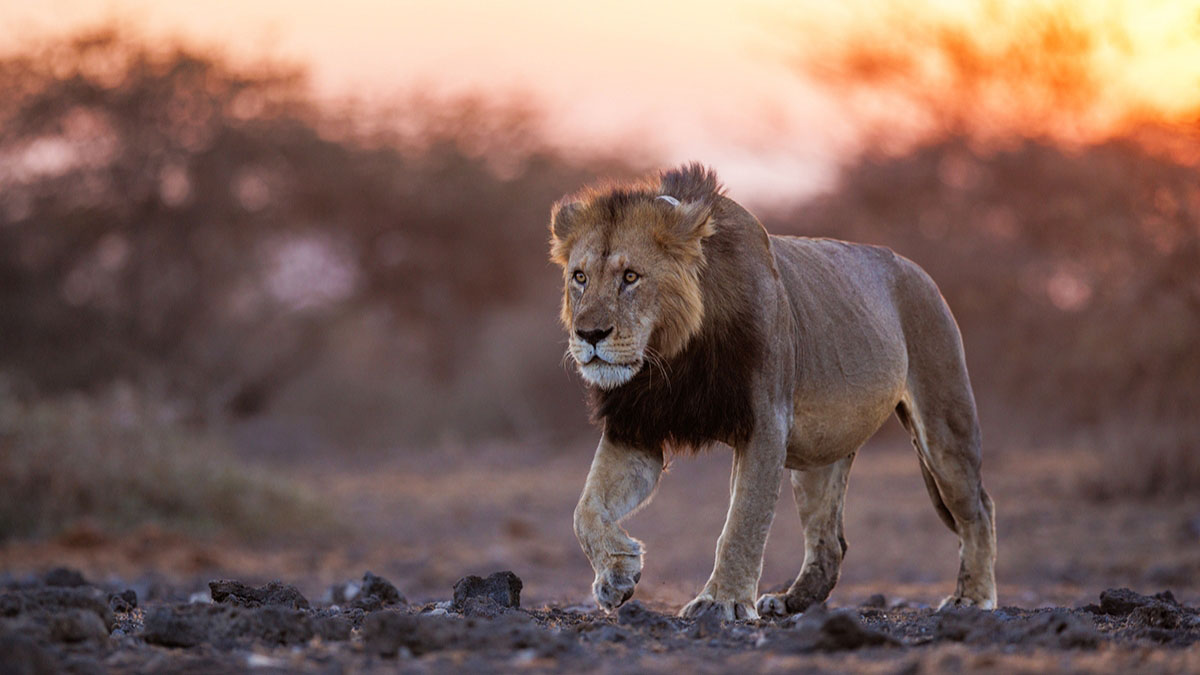 What happened moved some of Big Life’s most stoic rangers to tears.
It started as an unfortunate but common occurrence in the Amboseli bush.
But events quickly turned extraordinary, and before the day was over, six lions were dead.
Under the cover of darkness, a pride of nine young lions broke into a community boma, killing twelve goats and a dog. The lions were hungry, as the recent rains had made wild prey stronger, faster, and harder to catch. Livestock are easier prey for inexperienced hunters.
What happened moved some of Big Life’s most stoic rangers to tears.
It started as an unfortunate but common occurrence in the Amboseli bush.
But events quickly turned extraordinary, and before the day was over, six lions were dead.
Under the cover of darkness, a pride of nine young lions broke into a community boma, killing twelve goats and a dog. The lions were hungry, as the recent rains had made wild prey stronger, faster, and harder to catch. Livestock are easier prey for inexperienced hunters.
Big Life’s rangers were immediately dispatched and moved the lions out of the boma.
Sprinting to the nearest cover they could find to hide, the lions entered Big Life’s nearby headquarters compound. Big Life’s staff housed at the compound went into lockdown to avoid conflict with the lions, while the ranger teams worked through the night to try and push the lions out toward freedom. Three lions left, separating the pride. Six remained. 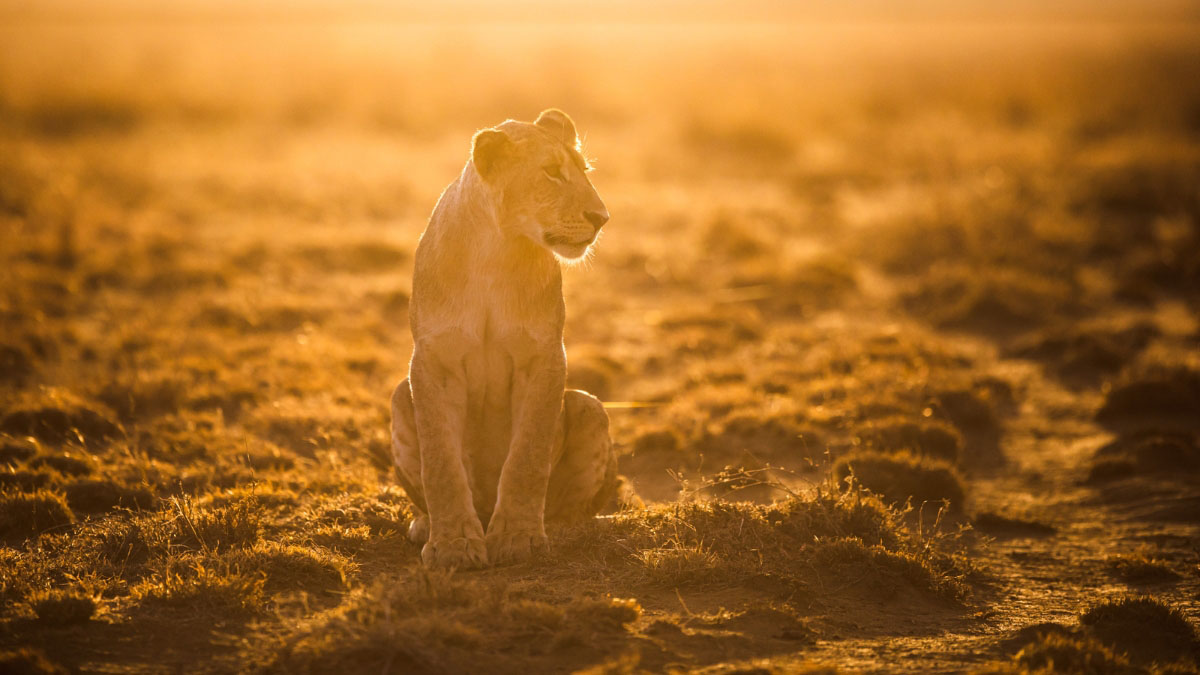 As the first rays of light spread across the plains, the situation appeared calm, and the decision was made to let the lions stay undisturbed until nightfall, when they could move undetected.
As the first rays of light spread across the plains, the situation appeared calm, and the decision was made to let the lions stay undisturbed until nightfall, when they could move undetected.
But this was not an ordinary day. It was a day that came on the heels of one of the worst ecosystem droughts in decades. Some local Maasai had lost up to 75% of their livestock to the drought. For many, livestock is the only source of income to pay for food and their children’s school fees. Losing a goat could typically be forgiven but losing 12 after a time of such desperation quickly became an unforgivable act.
As the day wore on, a deadly mixture of curiosity and anger started to spread through the surrounding community. A crowd started forming around the compound. Many arrived on dusty motorbikes, fueled by angry whispers, and armed with long, sharp spears.
Big Life rangers, Kenya Wildlife Service (KWS), the Kenya Police Service, and local community leaders were united in their desire to protect the lions and secure the perimeter. But a mob mentality quickly set in, and an angry swarm of 70+ people began shouting and pushing as tensions escalated. KWS officers drew their weapons to try and hold the line, but as threats were made to burn the compound to the ground, regardless of the innocent people inside, guns were lowered.
The heartbreaking command to stand down was ordered and obeyed. Any escalation using force would have certainly resulted in dead lions AND dead people.
Anarchy ensued, and rangers were forced to bear witness as the lions they had sworn to protect were killed, one by one. 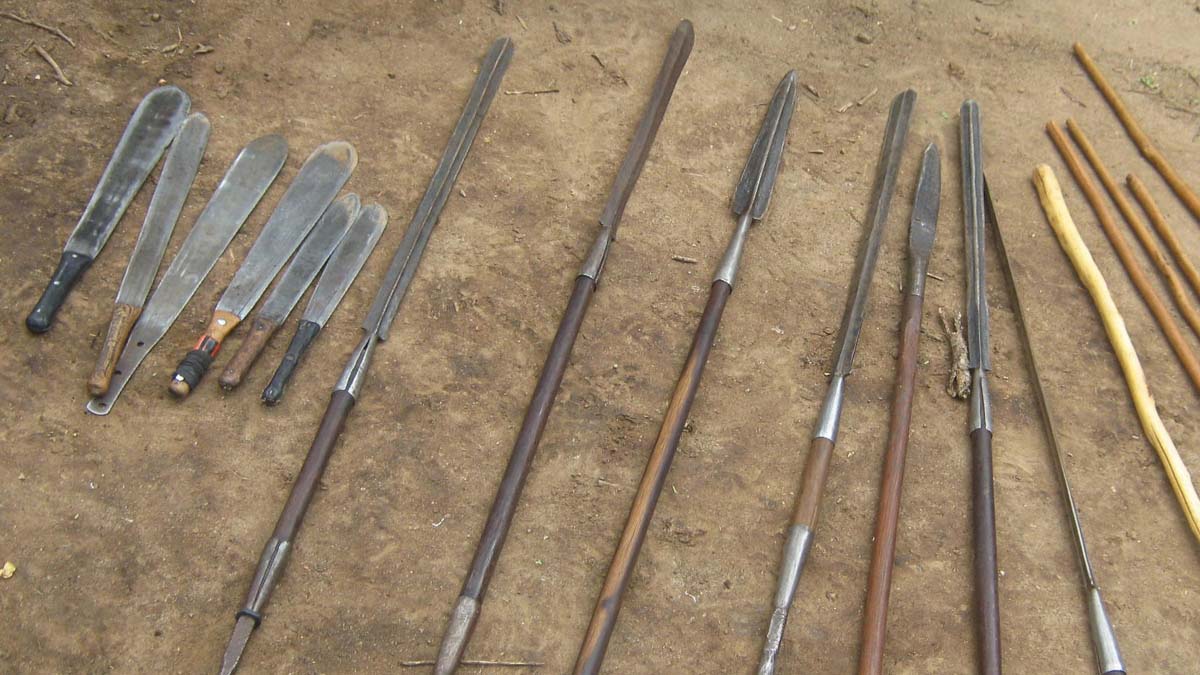 In the immediate aftermath, the leaders of the Mbirikani community expressed remorse, putting out an official statement that this incident was not due to any grievances with Big Life or our Predator Compensation Fund (PCF), nor was it symptomatic of any deeper issues in our relationship with the Mbirikani community. The leaders remain committed to wildlife conservation and an ongoing partnership with Big Life.
In the immediate aftermath, the leaders of the Mbirikani community expressed remorse, putting out an official statement that this incident was not due to any grievances with Big Life or our Predator Compensation Fund (PCF), nor was it symptomatic of any deeper issues in our relationship with the Mbirikani community. The leaders remain committed to wildlife conservation and an ongoing partnership with Big Life.
It was instead a tragic set of circumstances and mounting frustrations that ignited such a rare, isolated, and ill-conceived response in the heat of the moment.
There will be consequences for those involved. Investigations are currently underway to identify those responsible, and substantial penalties will be imposed. Big Life will enforce the long-standing rules of PCF, including the suspension of pending compensation claims on all of Mbirikani until the relevant fines have been paid. 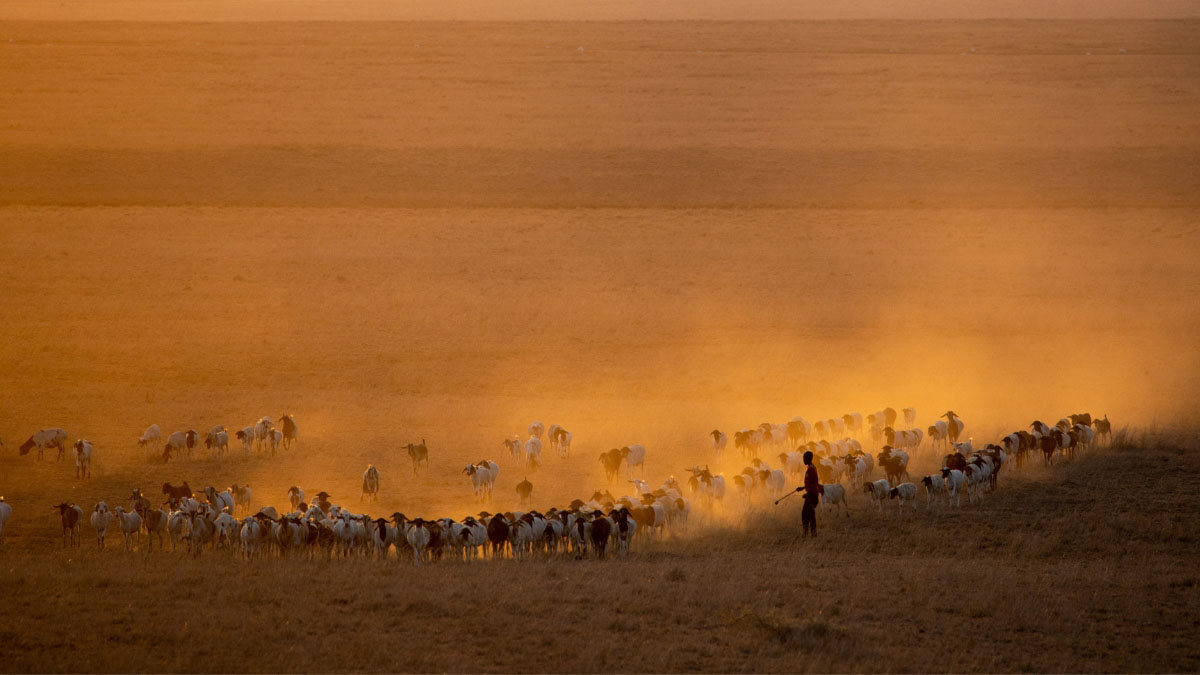 It has been 20 years since PCF was born, an innovative community program that protects lions and other predators by partially compensating local livestock owners for verified depredation, on the condition that no predators are killed in retaliation. A strict 28-clause agreement was signed years ago between Big Life and the community leaders, penalties have long been enforced for noncompliance, and community members contribute a portion of the total compensation payments to ensure ongoing community ownership and buy-in.
It has been 20 years since PCF was born, an innovative community program that protects lions and other predators by partially compensating local livestock owners for verified depredation, on the condition that no predators are killed in retaliation. A strict 28-clause agreement was signed years ago between Big Life and the community leaders, penalties have long been enforced for noncompliance, and community members contribute a portion of the total compensation payments to ensure ongoing community ownership and buy-in.
Despite this tragedy, the overall success of PCF has been nothing short of ground-breaking. The local lion population has rebounded over the years from near local extinction in the early 2000s to one of the only growing lion populations in all of Africa, now totaling 250+ lions. 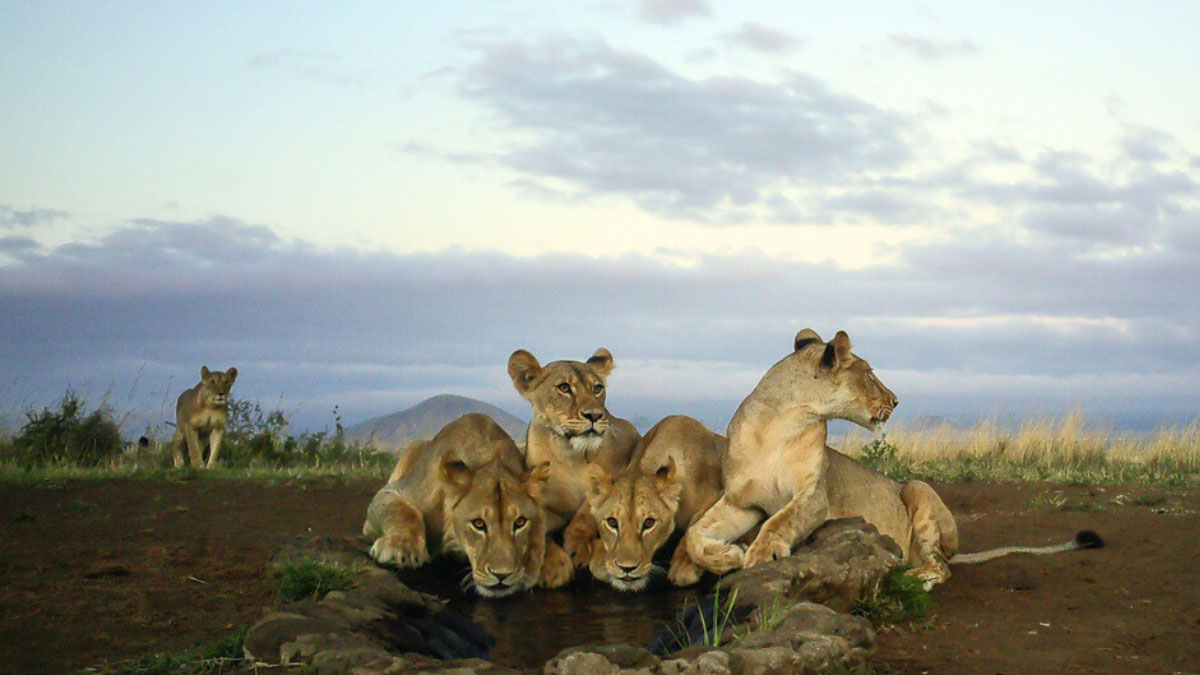 Last year, zero lions were killed in violation of PCF, a truly amazing statistic given the immense pressure local people faced during a devastating drought. Until this incident, lion killings were virtually nonexistent in the Amboseli ecosystem.
Last year, zero lions were killed in violation of PCF, a truly amazing statistic given the immense pressure local people faced during a devastating drought. Until this incident, lion killings were virtually nonexistent in the Amboseli ecosystem.
We cannot let one isolated incident derail decades of conservation success. Although we are devastated by this loss of precious life, we remain steadfast in our commitment to protecting the predators of the Amboseli ecosystem.
Right now, the pride is wounded. But we believe that from this tragedy, a strengthened commitment to lions and conservation will emerge, with the full backing of the local Maasai leadership.
We hope you will help us to honor the lions we’ve lost, and those currently roaming the wild, by supporting our Big Life rangers and Predator Compensation Fund. Our rangers are the protectors of a world where the coexistence between wildlife and people is possible, and we intend to keep it this way.
Thank you for standing with us.
Richard Bonham
Executive Chairman & Co-Founder
Big Life Kenya
Image credit 1, 2, 4, & 6: Jeremy Goss

